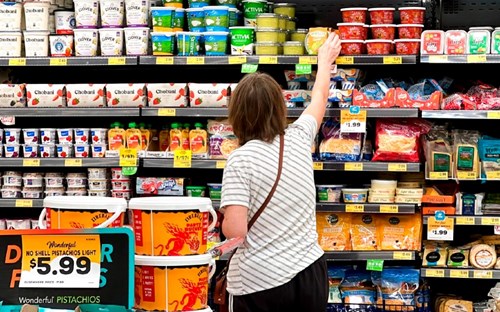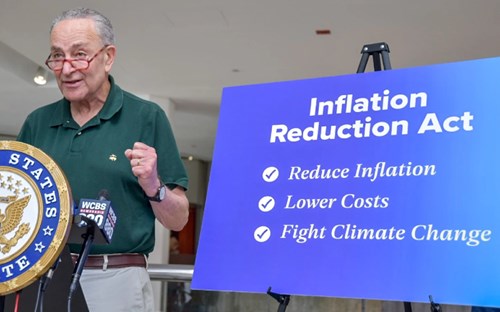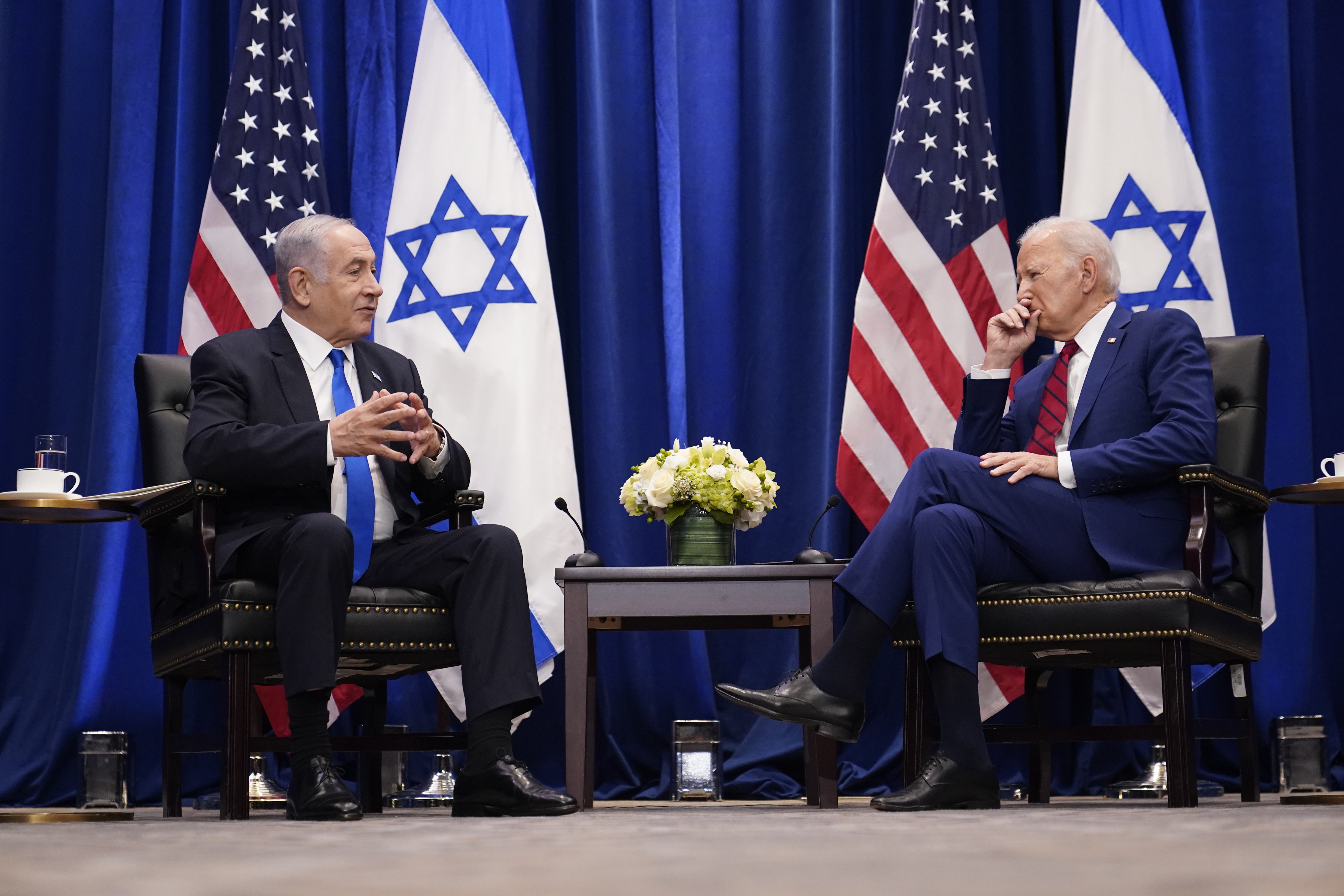They’re going about it in very different ways.
Donald Trump has a plan to use tariffs if elected, but not everyone is sold on the idea.
The former president has pledged to stop U.S. businesses from shipping jobs overseas and to take other countries' jobs and factories by relying heavily on tariffs.
Vice President Kamala Harris believes the government can control prices.
Trump touted his plan during a speech in Savannah, Georgia this week.
"I want German car companies to become American car companies," he said. "I want to beat China in electronics production, and we'll be able to do that easily."
Dan Savickas, Vice President of Policy and Government Affairs at Taxpayers Protection Alliance thinks the tariff plan is "rather self-defeating" because Trump has been touting all the revenue that he is supposedly going to generate from the tariffs while at the same time claiming this will bring a lot of manufacturing back to American shores.
One of two things will happen
"The long and short of it is that tariffs can only do one of those two things: If manufacturing comes back to our shores there's going to be very little revenue generated from the tariffs because they're not going to be  paid anymore, or it's going to generate a lot of revenue which essentially amounts to a tax increase on American companies that import goods and it's not going to achieve its objectives," says Savickas.
paid anymore, or it's going to generate a lot of revenue which essentially amounts to a tax increase on American companies that import goods and it's not going to achieve its objectives," says Savickas.
To put it another way, Savickas says it is going to accomplish at least one of the two things -- perhaps neither of them -- and President trump is making promises that he can't keep because, according to Savickas, tariffs so often fail to achieve their main objectives.
Harris has voiced concerns about corporate greed and price gouging, but not everyone agrees businesses are to blame for high prices.

"This notion of 'greedflation,' the inflation that's been caused as a result of the Biden-Harris administration's trillions of dollars in excess spending, the notion that it's as a result of corporate greed is absolutely ridiculous," Savickas says. "To believe that you have to also believe that lower prices are a result of corporate benevolence."
Inflation increased by 19% during the first 42 months of the Biden-Harris administration compared to an increase of 6% during the same time period under Trump.
Middle Class kid has pushed price controls
Harris has promised to do something about prices. Harris often points to her background as a "middle class kid" to try to tell voters she knows how they feel. Over the summer, Harris even touted price controls, although her campaign tried to walk that back days later.
"Price controls routinely lead to shortages," says Savickas. "The way Vice President Harris is talking about grocery prices and cutting down on price gouging when it comes to groceries, if you start to have shortages in groceries that's food shortages, that's what we see in countries like Venezuela and even some of the most left-wing economists have said price controls on food is one of the most destructive things you can do."







